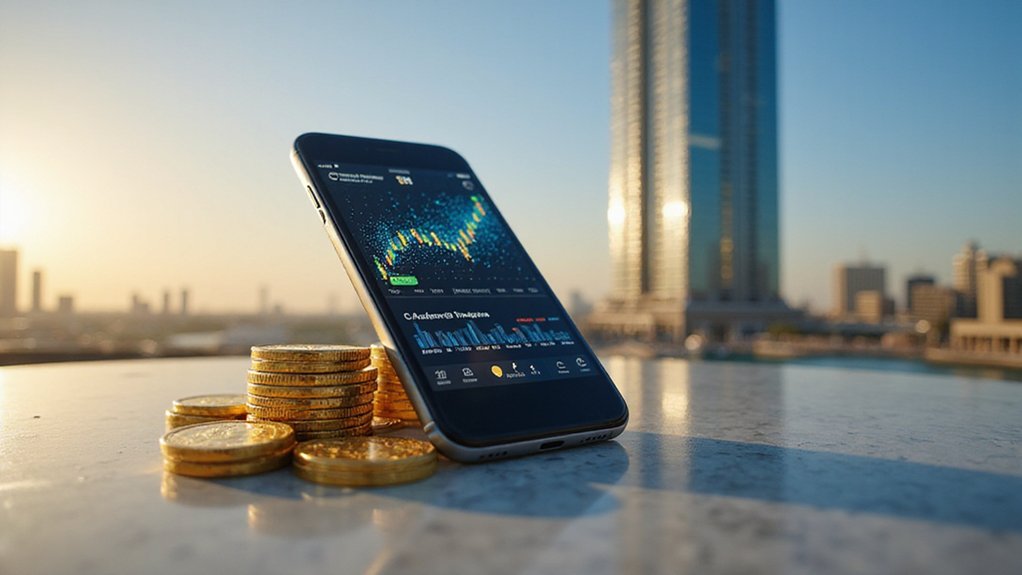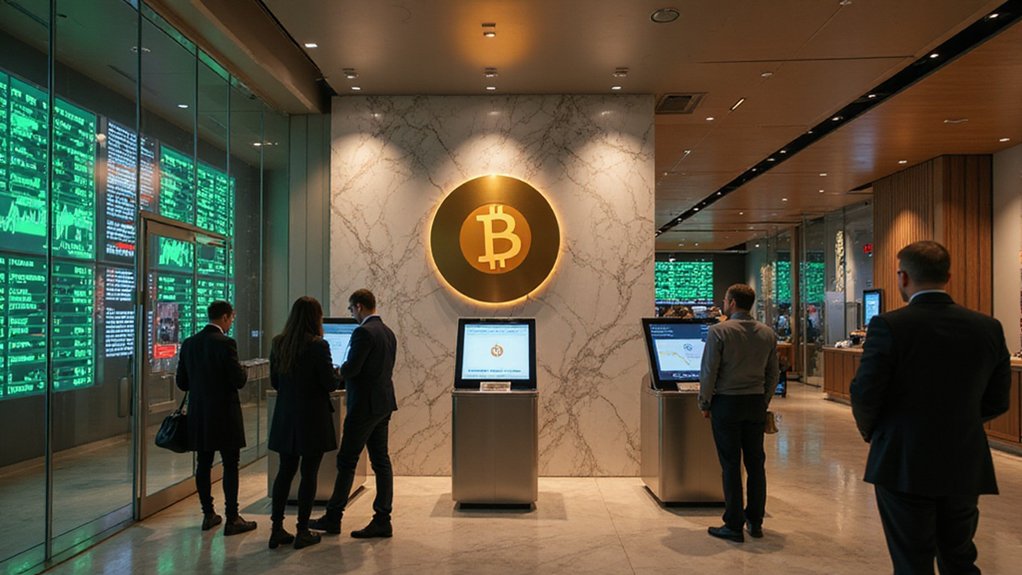In what might be considered either a predictable evolution or a curious experiment in financial engineering, the Dubai Financial Services Authority (DFSA) has granted approval for the QCD Money Market Fund (QCDT)—the first tokenized money market fund to operate within the Dubai International Financial Centre (DIFC).
This development represents Dubai’s latest attempt to position itself as the Switzerland of digital finance, complete with the requisite regulatory sophistication and zero tax policy that makes institutional investors weak at the knees.
The collaboration behind this venture reads like a textbook example of strategic partnership: Qatar National Bank (QNB) brings the financial muscle and asset origination expertise, while DMZ Finance provides the blockchain infrastructure that transforms traditional money market assets into digital tokens.
One might wonder if this pairing reflects genuine innovation or simply the inevitable convergence of traditional banking with distributed ledger technology—though the distinction may be academic given the fund’s practical applications.
The line between groundbreaking innovation and technological inevitability blurs when practical utility takes precedence over philosophical distinctions.
The QCDT’s utility extends beyond mere tokenization novelty. It can serve as eligible collateral for banks (enhancing liquidity in ways that would make treasury managers salivate), function as mapping collateral for centralized trading platforms, and provide reserve backing for stablecoins.
Perhaps most intriguingly, it offers infrastructure for Web3 payment systems, effectively bridging the gap between traditional finance and decentralized applications.
This approval signals Dubai’s broader strategy to dominate the tokenized asset landscape, particularly as forecasts suggest the global tokenized real-world asset market could reach $18.9 trillion by 2033.
The timing appears deliberate—Dubai and Doha are positioning themselves as early adopters in what could become the next fundamental shift in asset management.
The regulatory framework guarantees investor protection while maintaining the operational efficiency that tokenization promises: improved transparency, enhanced liquidity, and streamlined asset management processes.
The underlying tokenization technology likely employs smart contracts to automatically execute fund operations and ensure compliance with regulatory requirements without traditional intermediaries.
Whether this represents revolutionary progress or simply an expensive digital wrapper around conventional money market instruments remains to be seen, though the institutional backing suggests serious commitment to the experiment.
The fund’s success will likely determine whether tokenized money markets become standard practice or remain an ambitious footnote in financial innovation history.









